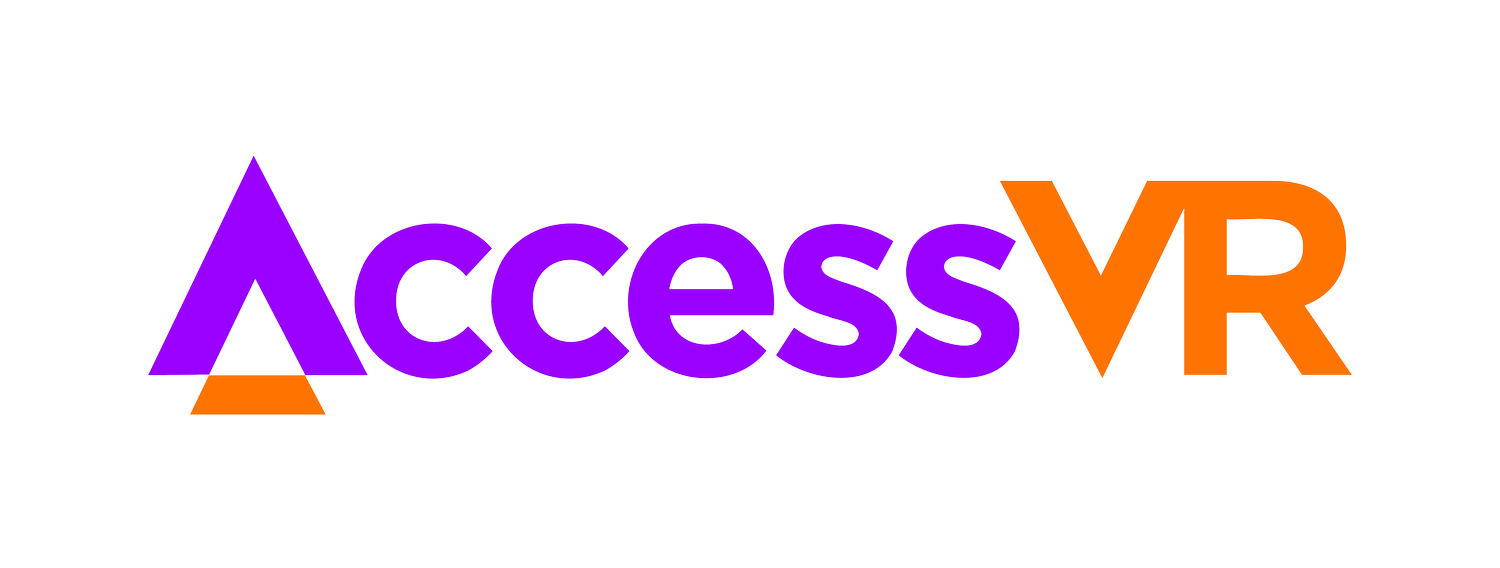Public Safety Virtual Reality Immersive Learning Project
We are thrilled to announce that AccessVR has been awarded a significant contract from the Virginia Innovation Partnership Corporation (VIPC) for the "Public Safety Virtual Reality Immersive Learning Project." This initiative is a testament to our commitment to revolutionize training for Public Safety entities through innovative Virtual Reality (VR) and Immersive Learning experiences.
Statement of Work
The Public Safety Innovation Center (PSIC) has identified critical gaps in current training methods for Public Safety personnel, including firefighters, paramedics, law enforcement officers, and specialized teams. To address these gaps, PSIC has partnered with AccessVR to explore how VR and Immersive Learning can enhance training effectiveness, making it more accessible, cost-effective, and realistic.
AccessVR's Expertise
AccessVR brings a wealth of experience in the VR/Immersive Learning sector and has successfully created Brain Trusts for various projects. Our collaboration with VIPC's Strategic Initiatives Division and the Department of Homeland Security (DHS) underscores our capability to deliver tailored training solutions. Our unique approach leverages existing training materials, enabling trainers to develop their content in an open-source format, adaptable to specialized training needs.
Project Phases
The project is structured into two phases, with Phase I funded for FY24 and Phase II planned for FY25
Phase I: Establishing the Brain Trust and Developing Initial Training Modules
- Brain Trust Formation: In collaboration with PSIC and the New College Institute (NCI), AccessVR will form a Brain Trust comprising Subject Matter Experts (SMEs) from various public safety agencies and educational institutions. This diverse group will provide a common baseline of knowledge, skills, and abilities for the Public Safety community.
- Content Development: Concurrently, in conjunction with York and Stafford counties, we will produce VR/360 Immersive Learning experiences tailored to the needs of public safety personnel. These experiences will be evaluated for their effectiveness in delivering the required training.
- Evaluation and Reporting: The findings from these initial training modules will be documented, providing insights into the applicability, cost-effectiveness, and potential impact of VR/Immersive Learning in Public Safety training.
Phase II: Future Trends Assessment (Option Phase)
- Landscape Document/Future Trends Assessment: Based on the insights and experiences from Phase I, AccessVR will compile a comprehensive Landscape Document. This report will outline future trends and provide a detailed assessment of VR and Immersive Learning applications for Public Safety training.
Project Goals and Success Metrics
The primary objective of this project is to enhance the training capabilities of Public Safety agencies across the Commonwealth. Success will be measured by several key metrics:
- Acceptance and Usage: The degree to which public safety personnel and entities adopt and utilize the VR/360 Immersive Learning content.
- Educational Opportunities: The increase in accessible and effective training opportunities for public safety personnel.
- Course Material Quality: The production of high-quality VR/360 Immersive Learning materials, as determined by end-user feedback.
- Cost and Time Savings: The efficiency gains and cost savings realized by using VR-based training methods compared to traditional approaches.
The Importance of VR/Immersive Learning in Public Safety
Public Safety personnel are held to the highest standards, often making life-and-death decisions in split seconds. The required training for these professionals is extensive, ranging from 60 hours every two years for paramedics to 240 hours per year for firefighters. Despite the critical need, logistical challenges, funding constraints, and personnel shortages often hinder the ability to provide adequate training.
VR/360 Immersive Learning offers a transformative solution by providing realistic, reusable, and cost-effective training experiences. This technology enables Public Safety agencies to deliver high-quality training that is both practical and scalable.
Conclusion
We are honored to partner with VIPC and PSIC on this groundbreaking project. The potential of VR/Immersive Learning to revolutionize Public Safety training is immense, and we are excited to lead this innovative effort. Through this project, we aim to provide our first responders with the best possible training, ensuring they are well-prepared to handle any situation they may encounter.
Stay tuned for more updates as we embark on this exciting journey to enhance the training and preparedness of our Public Safety personnel through the power of Virtual Reality.





